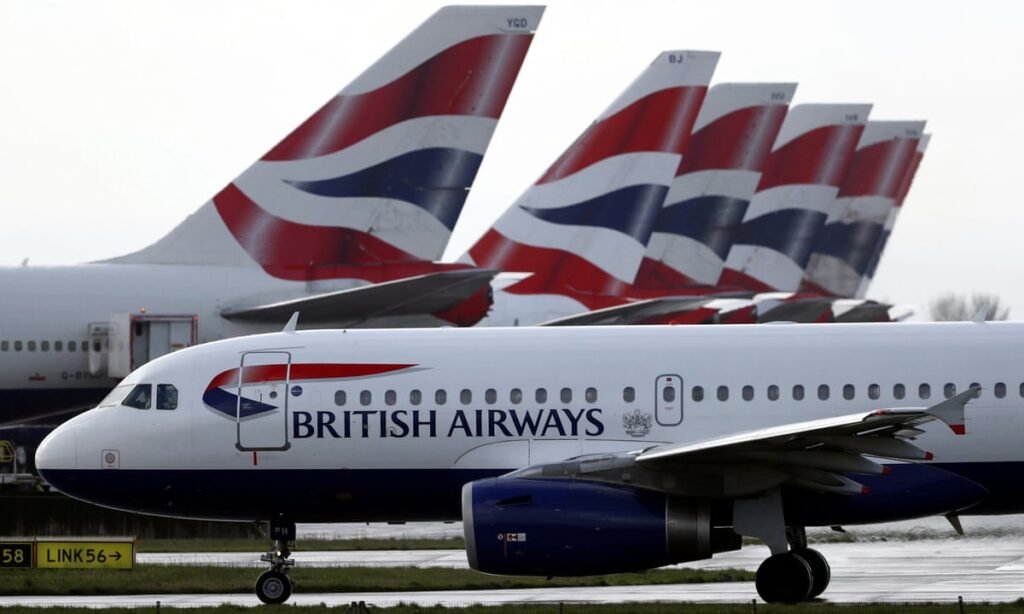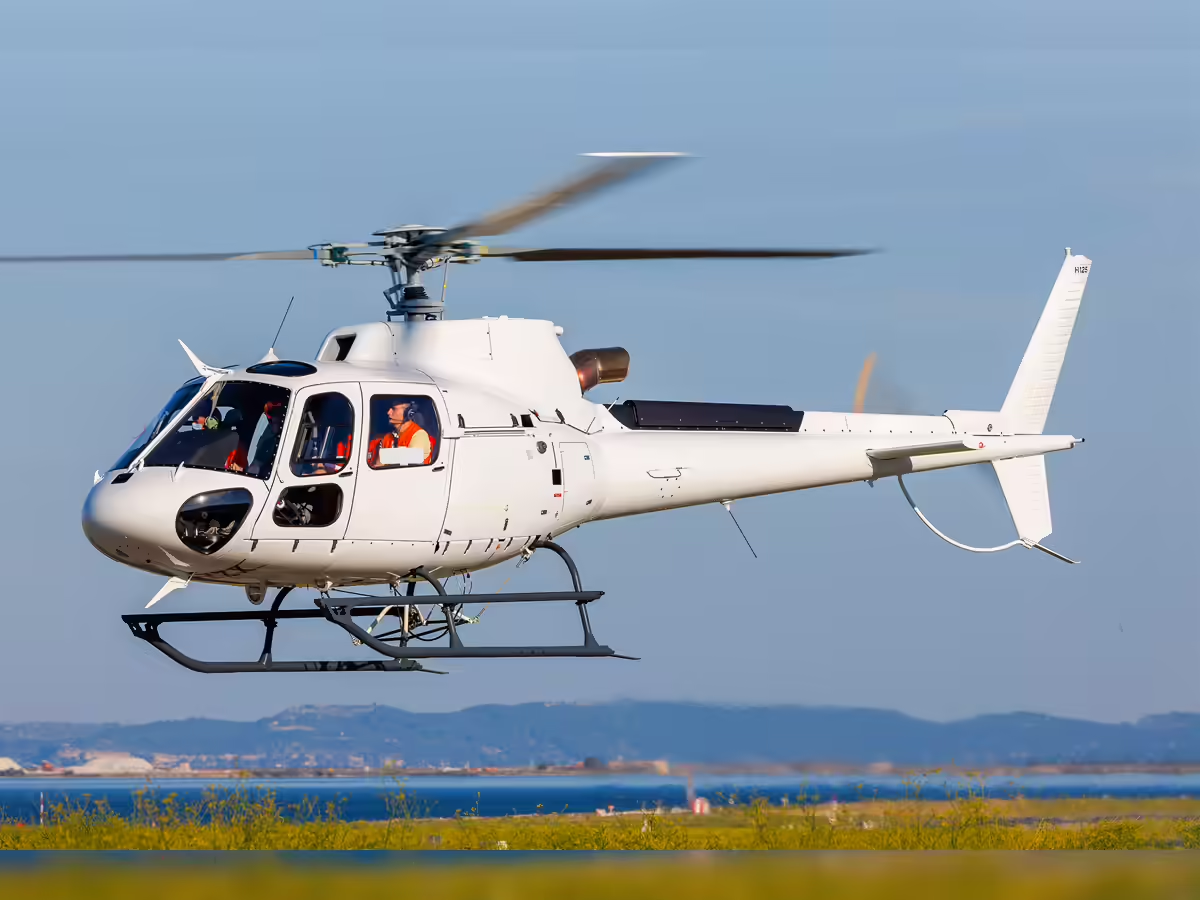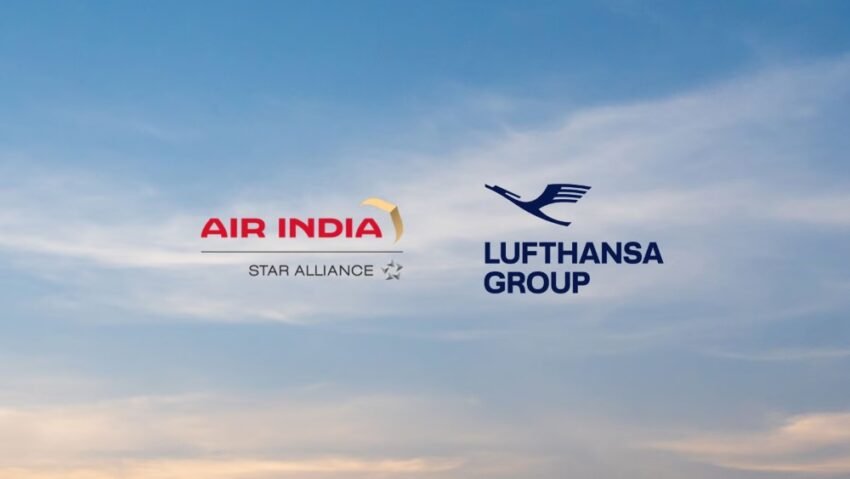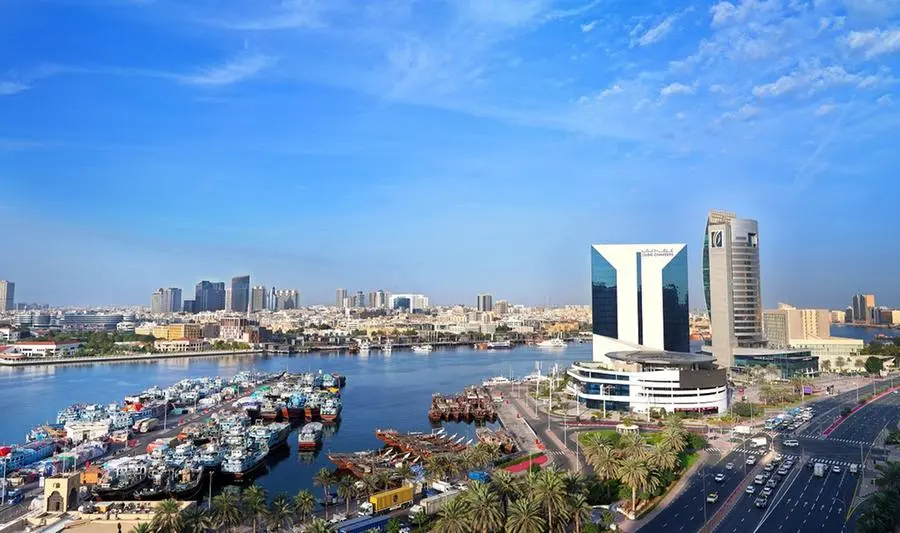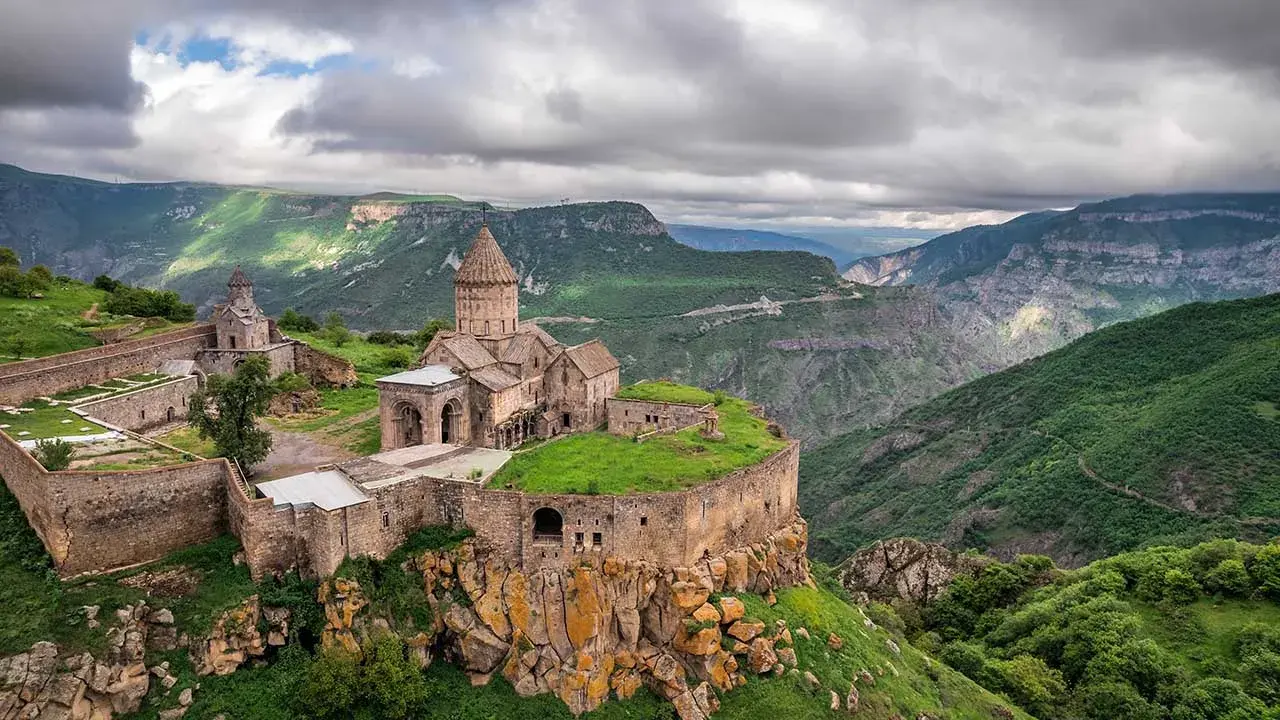AAPA has fully embraced the aviation industry’s climate change commitments to date, with it being a leader amongst global sectors in establishing a comprehensive sustainability agenda
The Association of Asia Pacific Airlines (AAPA) announced its commitment to a goal of net zero emissions by 2050. The more ambitious goal of net zero emissions surpasses the existing industry commitment to halving carbon emissions by 2050.
AAPA has fully embraced the aviation industry’s climate change commitments to date, with it being a leader amongst global sectors in establishing a comprehensive sustainability agenda. This includes 1.5 per cent fuel efficiency improvement, stabilising net CO2 emissions through carbon neutral growth, as well as a new more ambitious long-term goal of net zero carbon emissions by 2050.
Noting that the cooperation of multiple stakeholders including governments, air navigation services, fuel suppliers, airports, aircraft and engine manufacturers would be essential to the successful achievement of the net zero emissions goal, AAPA stressed that the industry’s pathway to this ambitious target is an all-industry effort based on a combination of technology, operational improvements, sustainable aviation fuels (SAF), and a global market-based measure, namely the ICAO Carbon Offsetting and Reduction Scheme for International Aviation (CORSIA).
Significant quantities of SAF will be needed by the industry as 80 per cent of emissions are from flights over 1500 km, for which aircraft powered by alternative energy sources, such as electricity and hydrogen, are not available
Sustainable aviation fuels are expected to feature heavily in the industry’s overall reduction in carbon emissions by almost completely replacing fossil fuels on commercial flights by 2050. Support from governments and other stakeholders to commercialise SAF through research & development, subsidies, incentives, as well as the allocation of resources for its development and distribution, will be crucial to ensure adequate and cost-effective supplies to meet the needs of the airline industry. Significant quantities of SAF will be needed by the industry as 80 per cent of emissions are from flights over 1500 km, for which aircraft powered by alternative energy sources, such as electricity and hydrogen, are not available.
Underscoring the task that lies ahead, Subhas Menon, Director General of AAPA said, “The Asia Pacific region will constitute some 40 per cent of global SAF demand, but production and supply facilities in the region are lacking. Allocation of sufficient resources to convert feedstock, like municipal or agricultural waste, waste oils from food production and other biomass for the production of SAF will make a critical difference.”
On market–based measures, Menon elaborated, “CORSIA has an integral part to play in achieving this ambitious long term commitment. It is the agreed global mechanism for offsetting growth in international aviation CO2 emissions since 2020. AAPA wholly supports ICAO’s efforts on this front, and will continue to encourage States to fully participate in the scheme. In addition, investment in emerging sources of energy such as direct carbon capture and carbon sequestration when these become viable, could complement the industry’s efforts towards achieving net zero emissions.”
Menon concluded, “Sustainability is a global challenge that calls for a global solution. Together, we need to ensure that distribution of the burden of reducing carbon emissions is fair and equitable, while allowing the industry to recover and restart.”
Turning to air travel recovery, AAPA noted that Asia Pacific was the first region to be heavily impacted by COVID-19, but has now lagged behind other regions in showing improvement in travel demand. While other regions are easing restrictions on the back of successful vaccination roll-outs, borders in Asia still remain largely closed due to low vaccination levels.
Greater collaboration amongst governments to streamline border measures and address vaccine inequity is critical in speeding up air travel recovery. Governments need to agree on an objective basis for the easing of border restrictions for quarantine-free travel, in line with WHO and ICAO guidelines.
One possible approach could be a progressive framework based on government-determined thresholds of vaccination levels domestically, to gradually ease travel restrictions and quarantine requirements. Such a framework would encompass bilateral travel lanes that allow for the reciprocal movements of primarily vaccinated travelers between places of similar risk levels, with the ultimate goal of allowing quarantine-free travel for a wide range of persons.
************************************************************************
Readers
These are extraordinary times. All of us have to rely on high-impact, trustworthy journalism. And this is especially true of the Indian Diaspora. Members of the Indian community overseas cannot be fed with inaccurate news.
Pravasi Samwad is a venture that has no shareholders. It is the result of an impassioned initiative of a handful of Indian journalists spread around the world. We have taken the small step forward with the pledge to provide news with accuracy, free from political and commercial influence. Our aim is to keep you, our readers, informed about developments at ‘home’ and across the world that affect you.
Please help us to keep our journalism independent and free.
In these difficult times, to run a news website requires finances. While every contribution, big or small, will makes a difference, we request our readers to put us in touch with advertisers worldwide. It will be a great help.
For more information: pravasisamwad00@gmail.com


